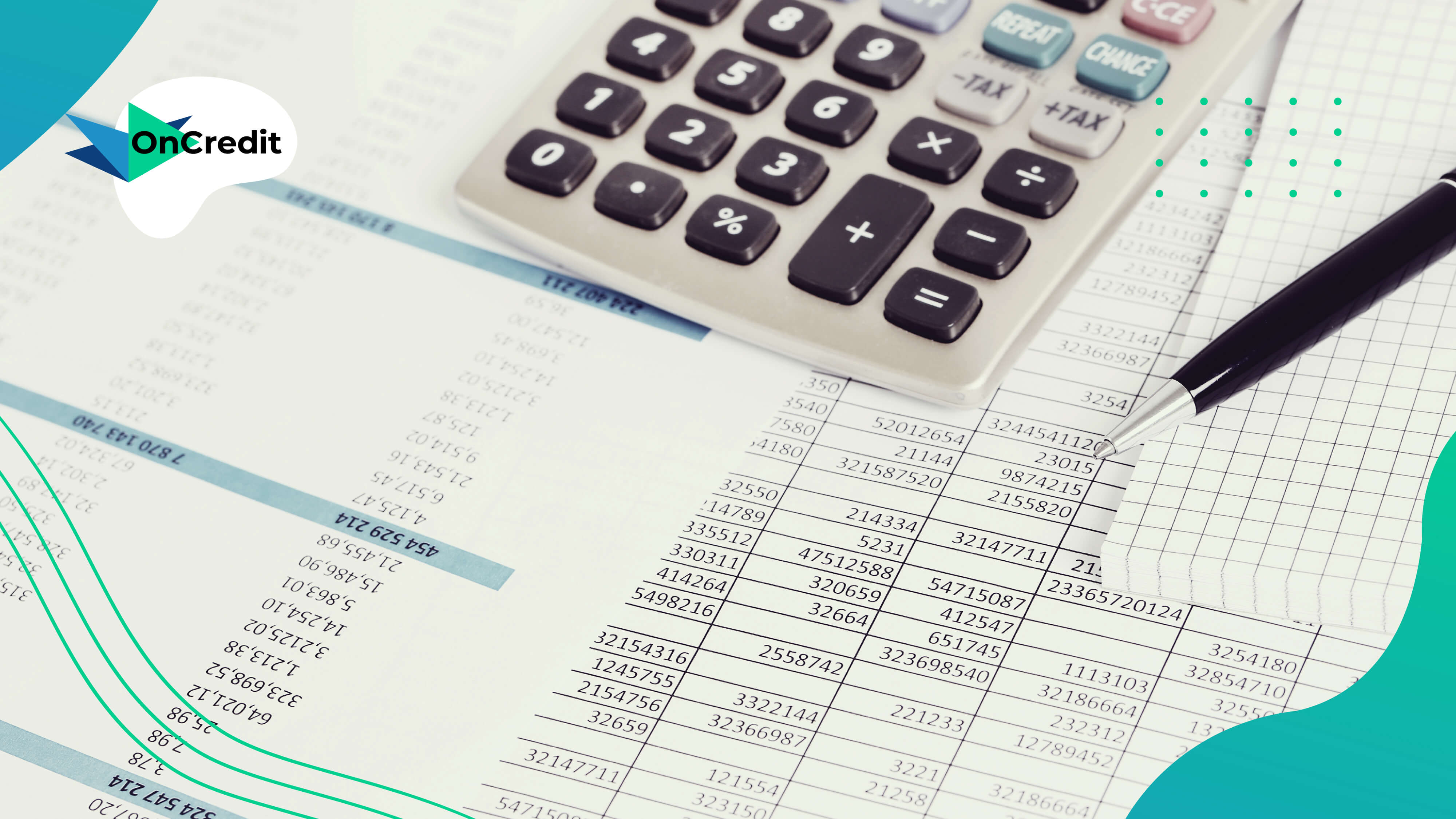The majority of us live paycheck to paycheck. There is no shame in this as that is simply the reality caused by the current state of the economy. Especially considering the ongoing Covid-19 pandemic, incomes have decreased and cost of living has skyrocketed, with heavy taxes on imported goods and prices increasing on necessities that grow scarce day by day. Even if you earn a decent salary, managing all your household, personal and professional expenses on one paycheck is impossible unless you plan your expenses accordingly. This is known as budgeting.
Difference between general budgeting and salary budgeting
While there are countless financial gurus and blogs dispensing advice on how to budget, budgeting your paycheck is slightly different. Whereas budgeting is more about reducing costs across the board, salary budgeting is more about allocating your salary to various places so that you are able to stretch out your salary for the entire month without having to run out by the end of the month. Salary budgeting also includes a cost-reduction component but is more focused on cost allocation.
Getting Started: Record-Keeping

Firstly, as with almost everything related to finance, you need to start with tracking your finances. Find a suitable mobile app or even keep daily records on a spreadsheet or even a notebook (although digital record-keeping is recommended due to the convenience in data analysis). You need to track at least 1-2 months of expenses to understand your income and spending patterns prior to analysing and figuring out where you can reduce and reallocate. Keep track of not only expenses, but income streams such as salary, returns on investment, donations etc. as well as any and all bank charges that you might not be aware of.
Tip: Track your expenses on a daily basis rather than weekly to avoid missing out on tracking smaller expenses
Financial Analysis: Categorise, Reduce & Reallocate
Now that you have some idea of where your money has been going all these days, it’s time to take a good look at how you can better streamline your expenses. One of the most popular models out there is the 50/30/20 model, where 50% of your paycheck goes towards your monthly needs, 30% for your wants (because, after all, life is short and meant to be enjoyed) and the remaining 20% to be tucked away into a savings account or used for debt repayment.
| Needs | Wants | Savings/Debt Repayments |
| Rent, bills, fixed loan instalments, food, traveling cost, essential purchases, insurance | Holidays, travel, entertainment, fashion, hobbies | Savings account, credit card bills, loans from friends, payday loans |
You don’t even need to use a model - simply by looking at your expense habits, you might be able to understand where you can easily cut costs and reallocate that amount towards debt repayment or savings. Avoid new debt at all costs and work towards settling whatever debt you have accrued thus far.
Here is a small introduction about how to set your budget:
Tip: Wants and needs differ greatly between people so don’t feel bad about categorizing someone else’s want as your need
Automate Savings and Crucial Payments
By instructing your bank to automate savings and crucial payments, you are no longer able to forego these. Unless it’s an urgent, unexpected situation, where you can always dip into your savings (ideally, an emergency fund), your savings and settlement of critical payments (rent, bills etc.) should never be missed as not doing so has the potential to be extremely dangerous in the long run. Another advantage of automating these transactions is that you get used to the fact that you actually have a lesser amount of money in hand to manage your other expenses which prevents you from living beyond your means.
Tip: Instruct your bank to arrange these transactions on your salary day itself so that you never get used to seeing the full amount in your account at one time, giving the illusion of having more spending money than you really do
Revisit your budget
Every month or so, continue to make tweaks to your budget. It is impossible to get it right the first time. Don’t be discouraged if you find yourself unable to meet the ambitious budget you set for yourself as the months go on. If you find that you have severely underestimated how much money you need to allocate for a certain area (food or travel, for instance), don’t exhaust yourself by trying to minimise your food and travel cost. Just increase the budget you have put for that area and look at reducing it from another segment. Revisiting and amending your budget is extremely necessary, especially as your income and spending habits change with time.
Tip: Everytime you get an increase in income, put half of the increment into your savings pile and allocate the remaining half into your wants or needs pile as desired.
Remember, there is so much advice out there from various authorities and individuals who all claim that their way of salary budgeting is the best way. However, it’s important to find a way to budget your paycheck that works best for you, your lifestyle and your spending habits. Salary budgeting doesn’t mean having to live poorly - it just means making the best use of your paycheck so that no area of your life is under-financed.
But if you always feel you need a quick cash loan, you can always turn into OnCredit.lk







